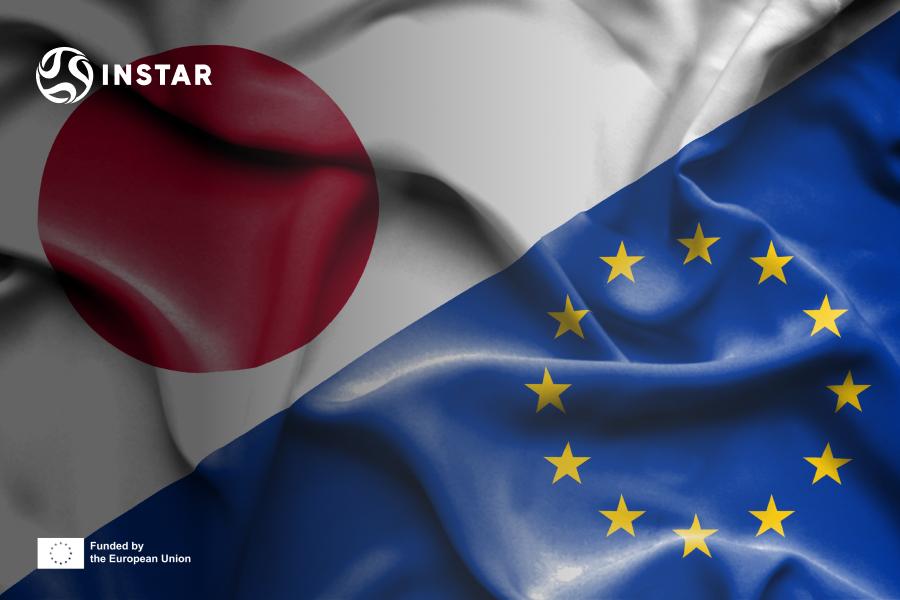As part of the EU and Japan Second Digital Partnership Council Meeting held last April, the European Union and Japan have signed a Memorandum of Cooperation (MoC) on Digital Identities and Trust Services. This agreement aims to facilitate Data Free Flow with Trust (DFFT) between the two regions, setting a framework for collaboration on digital identity management and data protection.
The Memorandum of Cooperation, signed between the European Commission on behalf of the European Union and the Digital Agency of Japan, outlines a strategic framework for cooperation on digital identity initiatives. The main objective of this MoC is to enable secure and reliable digital interactions among citizens, businesses, and public authorities in both regions, thereby supporting economic growth and innovation.
Key aspects of the MoC include:
- Promotion of Secure Digital Identification: Both parties recognise the importance of secure and reliable digital identification means for trusted digital interactions. This includes the development and implementation of the EU Digital Identity Wallet and Japan's Trusted Web initiative.
- Collaborative Actions: The MoC details several collaborative actions designed to build a shared commitment to digital identity initiatives. These actions aim to enhance international trade, electronic commerce, and the delivery of essential services, while also promoting trusted research collaborations.
- Exploration of Use Cases: Both sides plan to explore use cases in business activities and student exchanges, with initial efforts beginning in 2024. This will involve cooperation between the European Commission and Japan's Ministry of Education, Culture, Sports, Science and Technology.
- Mutual Recognition of Identity Management Systems: The agreement prepares for possible future mutual recognition of identity management systems via international agreements or other legal instruments.
The MoC also emphasises the importance of international cooperation, with both sides committing to promote their experience and best practices in multilateral fora such as the G7, G20, and the Organisation for Economic Cooperation and Development (OECD). This cooperation aims to advance the concept of DFFT, ensuring that data flows are secure, efficient, and trusted.
INSTAR will support the activities of the EU and Japan by identifying standardisation priorities and use cases for electronic identification (eID) through our European Task Force. This commitment highlights our dedication to fostering innovation and enhancing the security and efficiency of digital interactions across borders.
The signing of this Memorandum of Cooperation marks an important step forward in the global effort to establish secure, reliable, and trusted digital identity frameworks, setting a precedent for international collaboration in the digital age.
